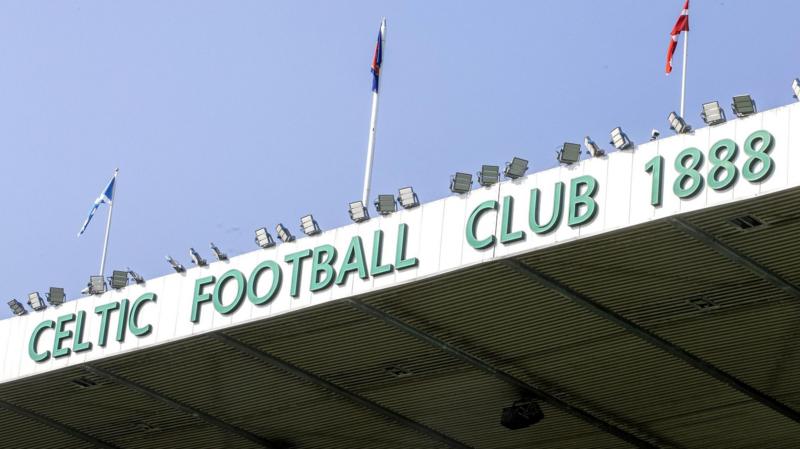Celtic Settles Sex Abuse Claims, Pays Over £1M to Victims



In a significant move towards resolution and reparations, Celtic Football Club announced it will make tailored compensation payments to 24 individuals who were victims of historic sexual abuse linked to the club.
This decision comes after a troubling series of allegations that surfaced regarding child sexual abuse involving former scouts, coaches, and associated individuals notorious within the club's youth system. The concerning matter had left many unanswered questions, shadows of gloom, and an undying call for justice and acknowledgment from the victims and their families.
Celtic's engagement with the darkness of its past is a reminder of a larger systemic issue that has plagued sports organizations across the globe. The abuse, predominantly occurring from the 1960s through to the 1990s, had initially fostered a culture of silence. However, as more victims bravely stepped forward, the imperative for accountability and reform could no longer be ignored.
The club's approach to compensation—indicating payments will be "tailored"—suggests a sensitivity and acknowledgment of the individual pain and suffering experienced by each survivor. Such a method implies that Celtic is taking into account the nuances of each victim's experience in determining their compensation. This personalized approach can be seen as a commitment to doing right by those affected, realizing that each encounter with abuse may have had different impacts on their personal lives and mental health.
Moreover, the resolution to compensate comes at a time when sports organizations worldwide are being scrutinized for their handling of similar allegations. The proactive stance by Celtic could set a precedent for how professional sports clubs acknowledge historical injustices and work towards reconciliation and healing.
This response from Celtic is part of a broader trend. Over the years, there has indeed been a slow but steady increase in the sports world's recognition of the need for protective measures for young athletes. These include stricter vetting processes for staff and volunteers, enhanced training on safeguarding children, and more open channels for reporting abuse.
Investigating and acknowledging the historical allegations of abuse, however, is no trivial task. It involves navigating a painstaking process of uncovering and verifying claims, some of which stretch back several decades. As such, many organizations might shy away from delving deep into their archives. But Celtic's willingness to confront its history head-on underscores a shift in cultural attitudes—where the well-being and rights of individuals, regardless of when the events occurred, take precedence.
What remains crucial now is ensuring that the implementation of these payments is handled with the utmost respect, dignity, and transparency. The victims, some of whom have waited for long for acknowledgment and justice, deserve a process that fully respects their individual journeys and contributes positively to their healing process. Additionally, it will also be informative to see how Celtic continues to support these individuals beyond financial compensation, perhaps through counseling, mental health services, and other forms of support.
The hope is that with these steps, Celtic is not only looking to make amends but also to rebuild trust and demonstrate a commitment to ensuring such dark chapters do not repeat themselves. For other organizations watching how Celtic navigates this crisis, there may be lessons in accountability, the importance of listening to victims, and the need for ongoing vigilance to prevent future occurrences.
Celtic’s decision to compensate the survivors is a poignant reminder of the power of acknowledgment in the healing process. As this narrative unfolds, it will hopefully encourage more institutions to face their pasts with courage and embrace transformative ways to foster safer sporting environments.